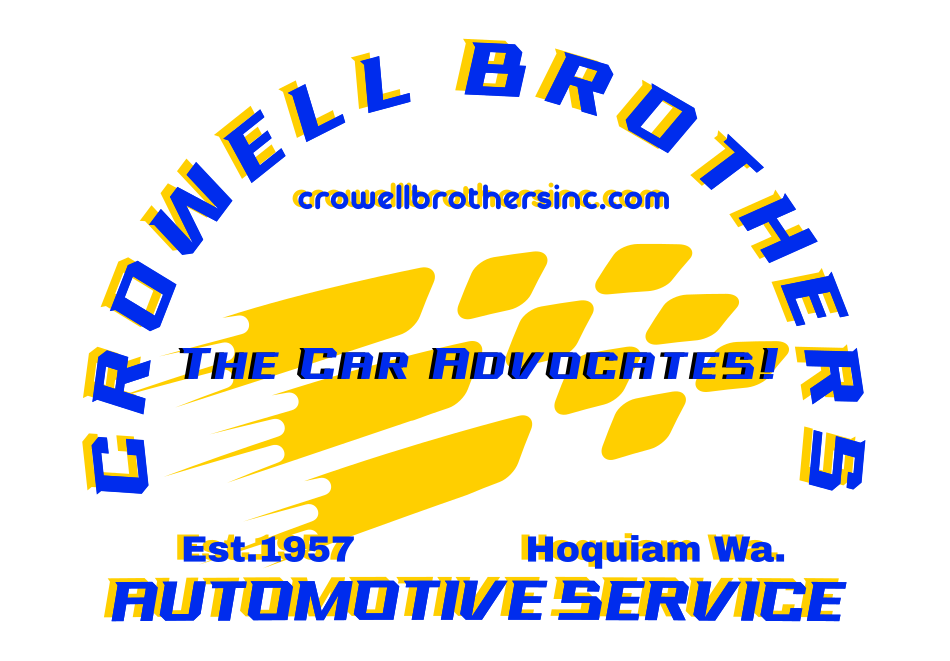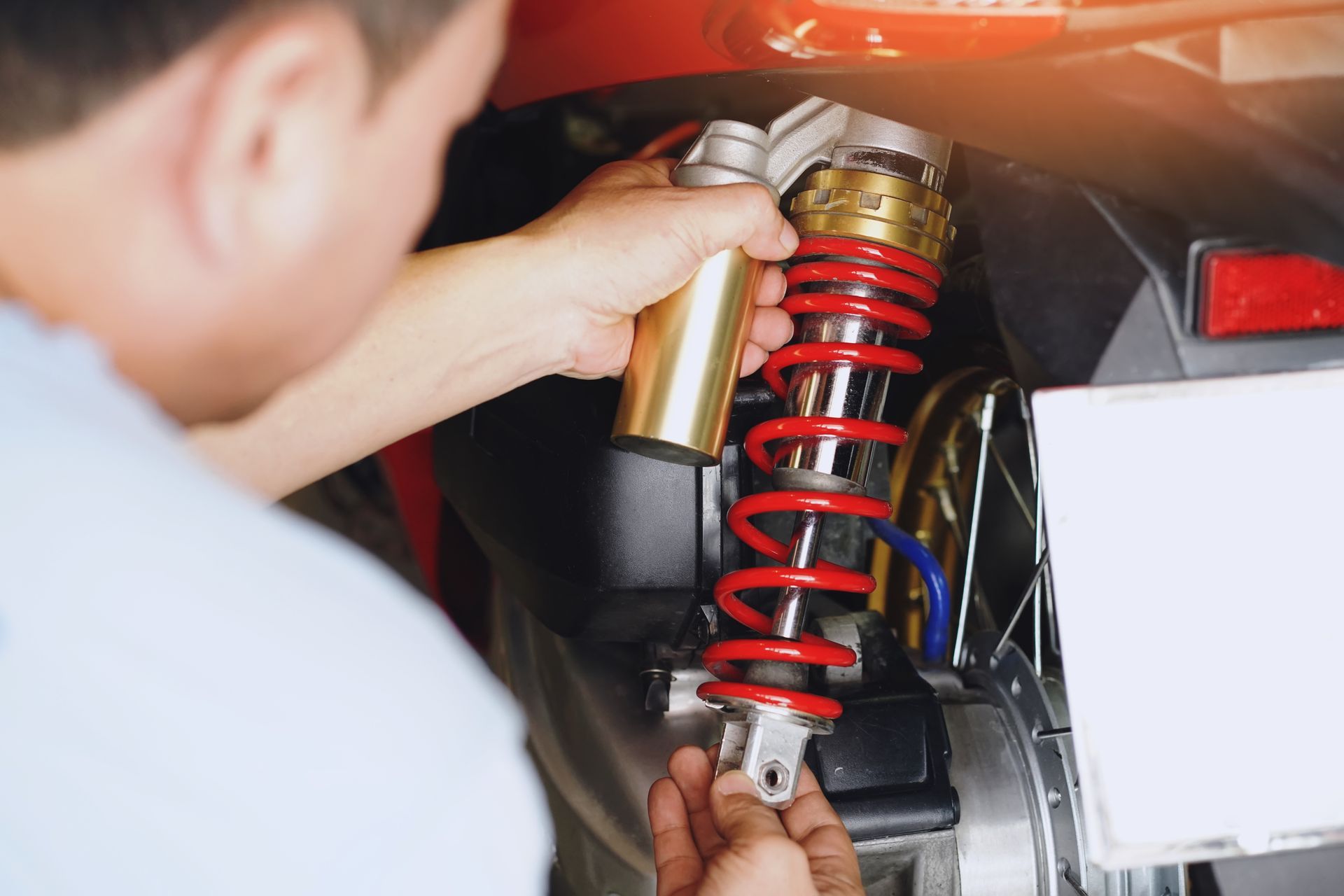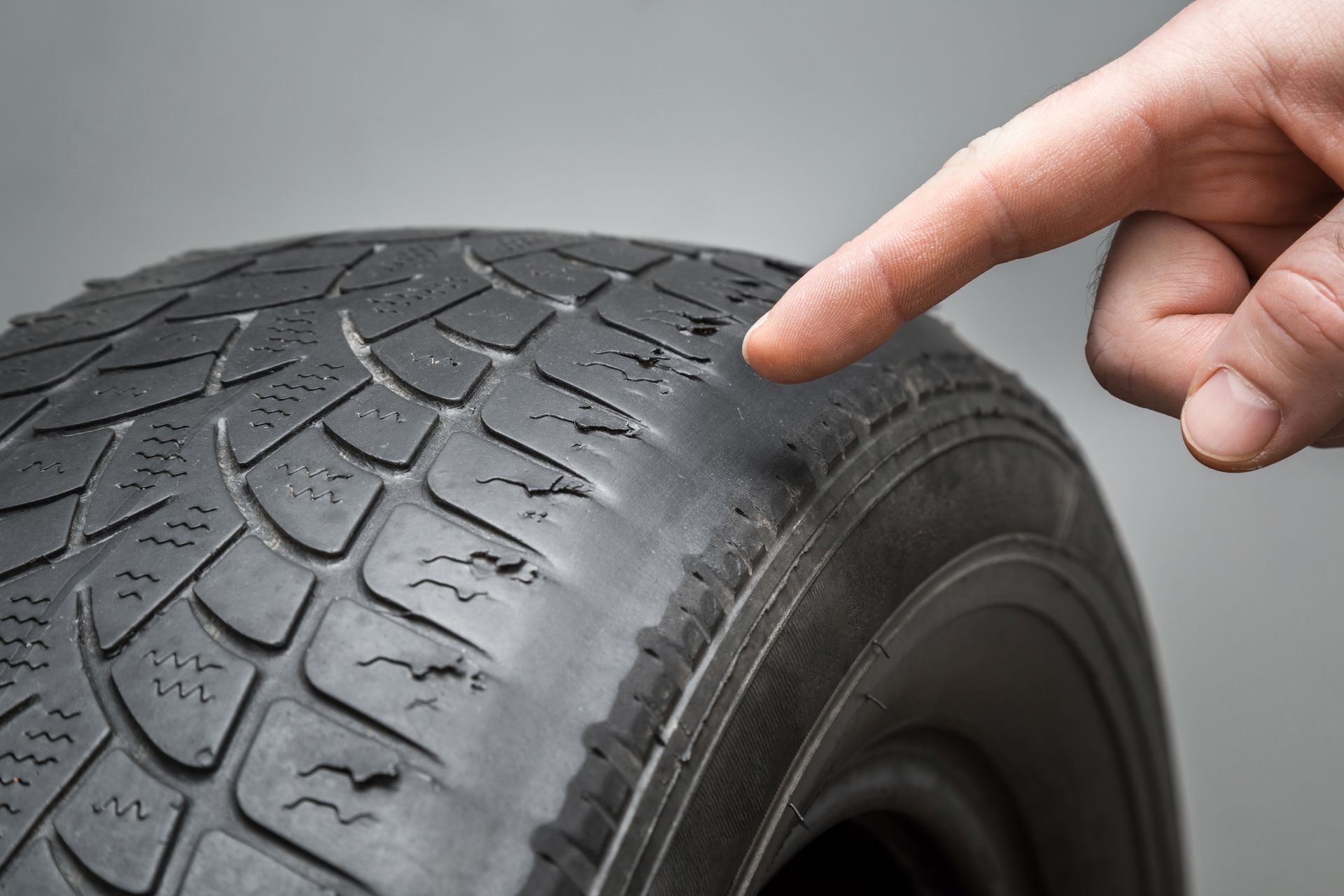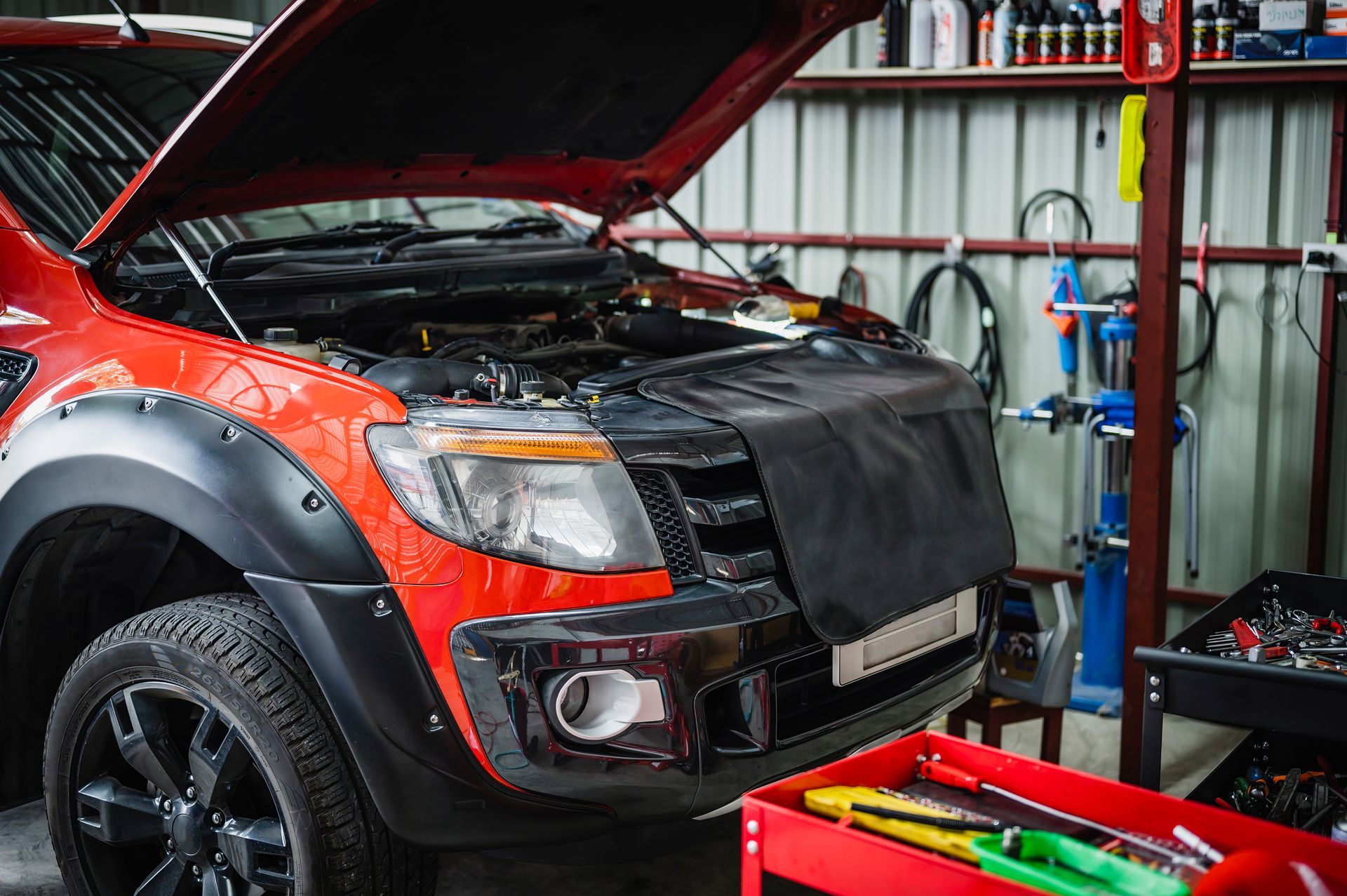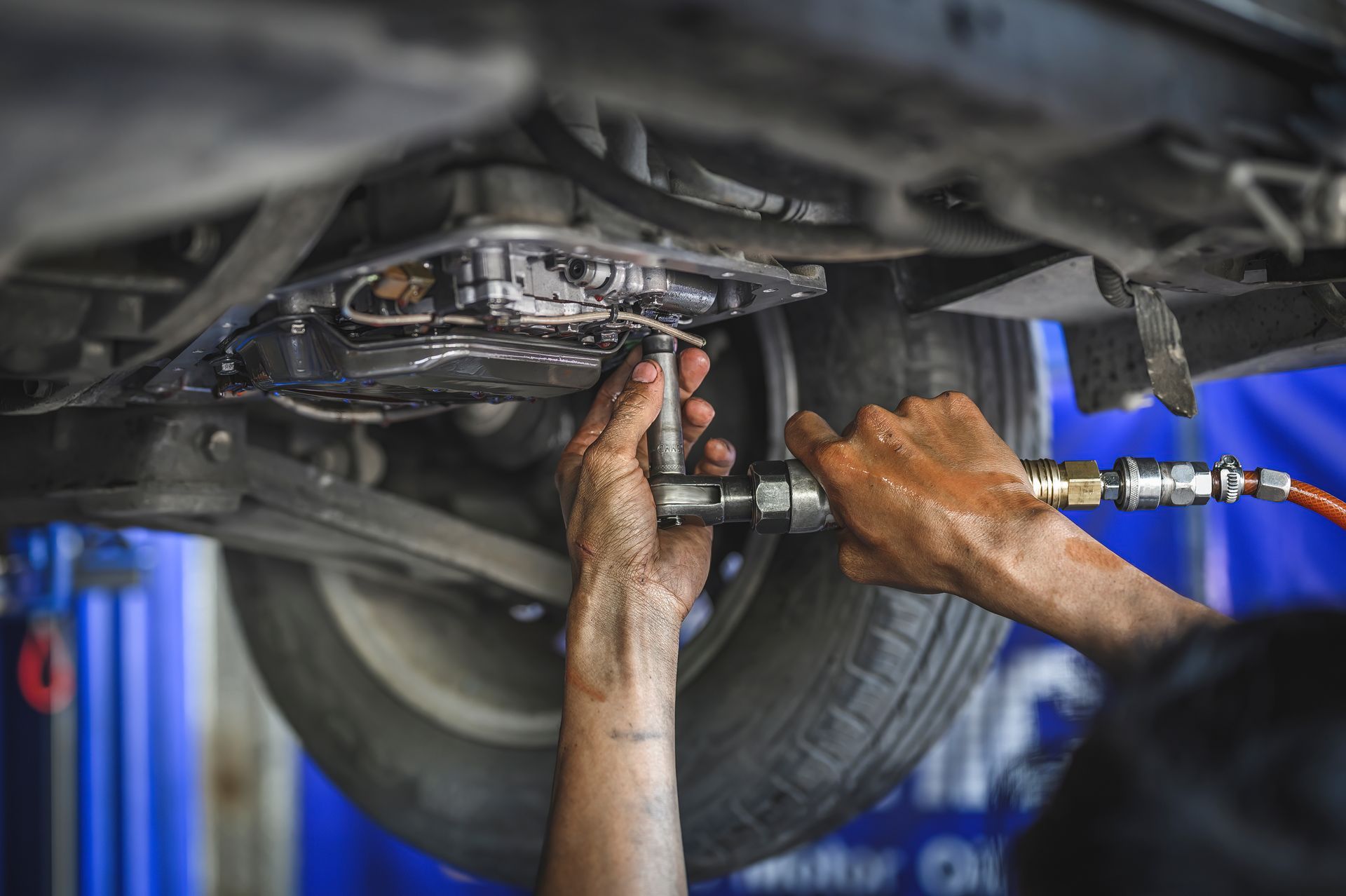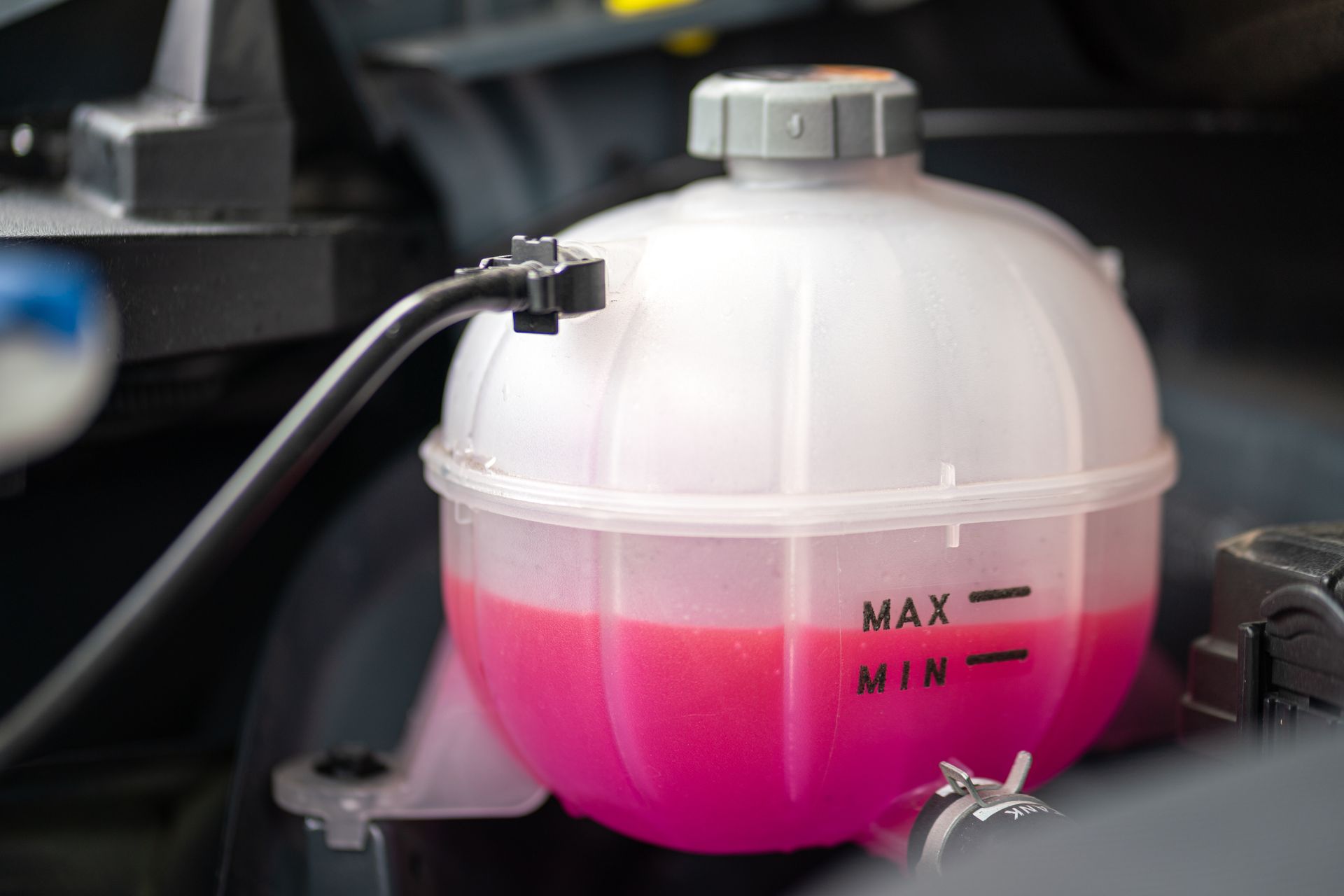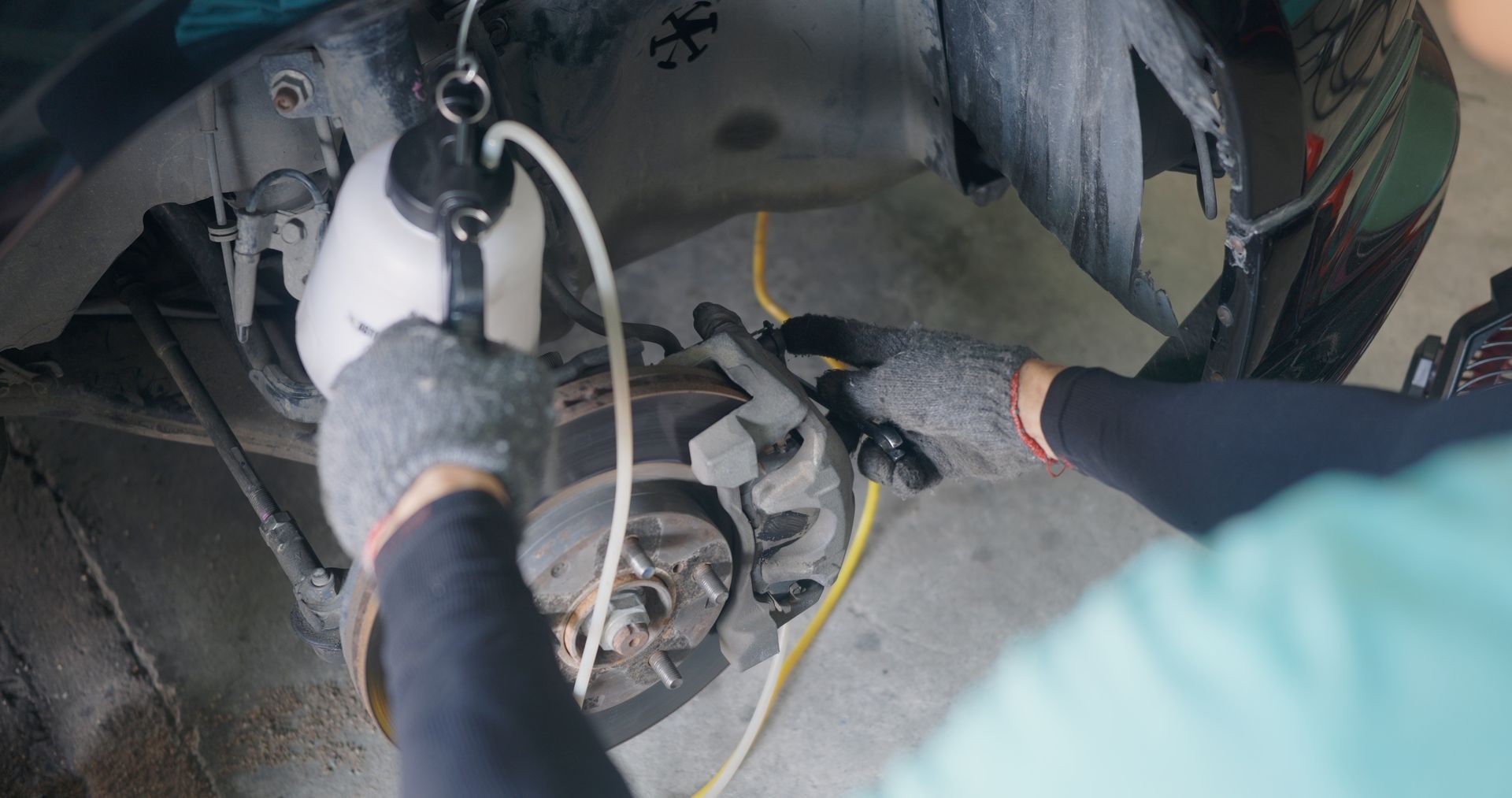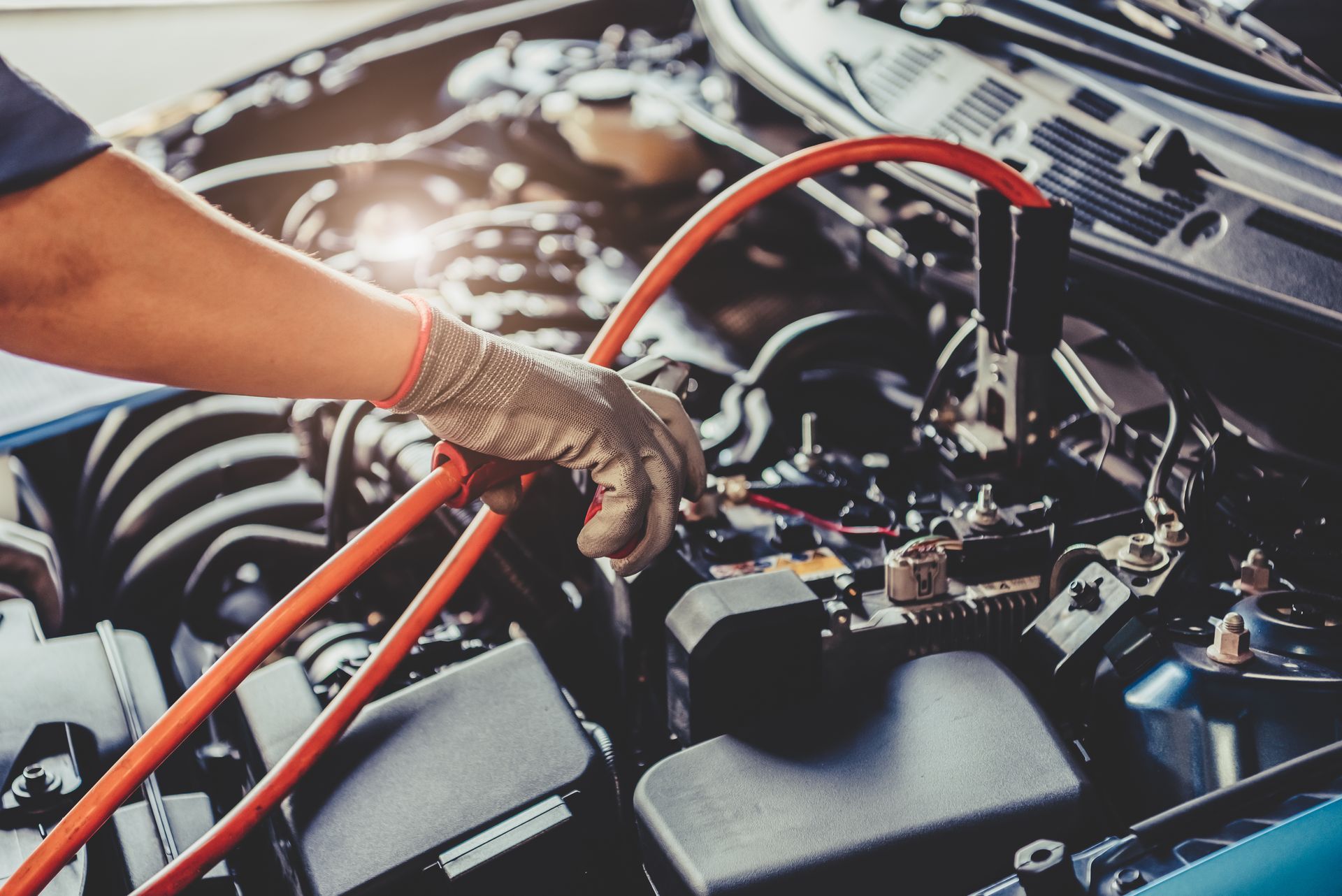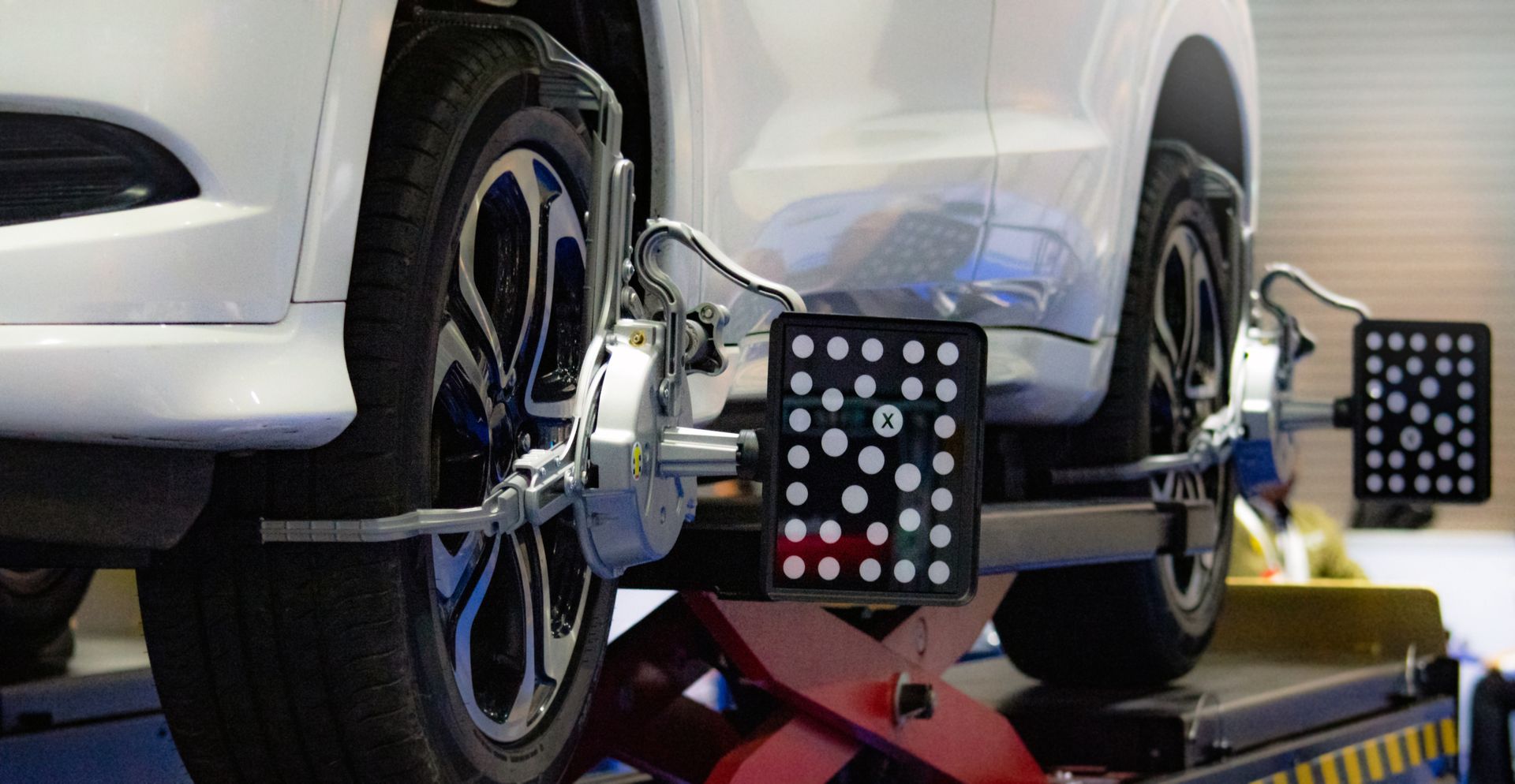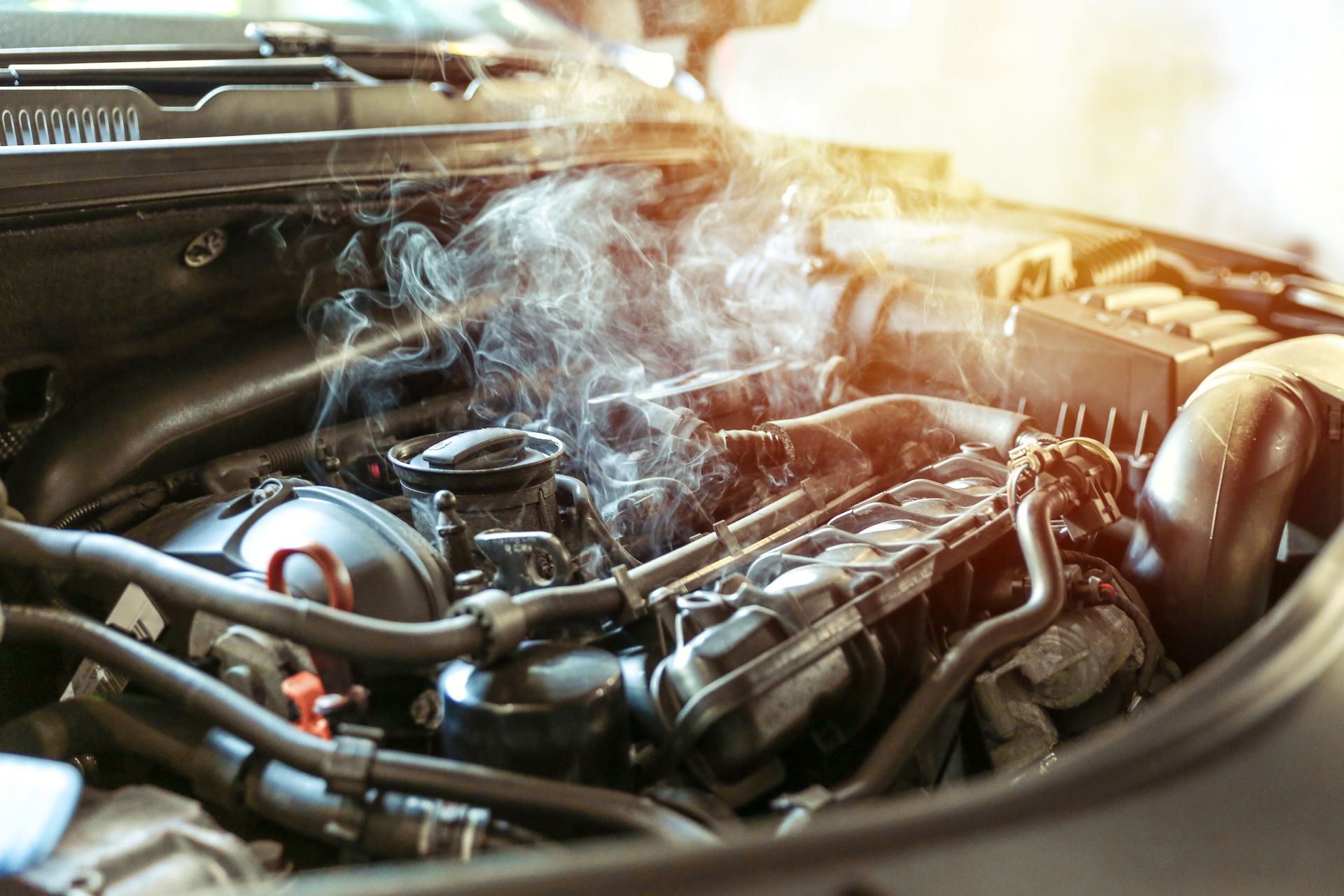Loading ...
Missing business hours data / Error occurred while getting the data.
Loading ...
Missing business hours data / Error occurred while getting the data.
Do Modern Cars Still Need Regular Tune-Ups?
January 31, 2025
Nikolay Popov
With the evolution of automotive technology, the concept of a “tune-up” might seem like a thing of the past. After all, modern cars come equipped with advanced computer systems, fuel injection, and components designed to last longer than ever before. So, do today’s vehicles still require regular tune-ups, or has that become a relic of older, less advanced cars?
What Is a Tune-Up in Today’s Terms
Traditionally, a tune-up referred to adjusting or replacing parts like spark plugs, distributor caps, and carburetors to optimize the engine’s performance. However, as vehicles became more advanced, these components were either replaced with modern alternatives or automated by onboard systems. In a modern context, a tune-up focuses on maintaining key components and systems that impact fuel efficiency, engine performance, and emissions.
For instance, technicians inspect and replace spark plugs, test sensors, check fuel injectors, and ensure the air and fuel filters are in good condition. While the approach has changed, the purpose remains the same: to ensure your engine runs as efficiently and reliably as possible.
The Role of Advanced Technology in Maintenance
Modern cars are equipped with sophisticated onboard diagnostic systems that monitor performance in real time. These systems can alert drivers to potential issues, such as misfires, emissions problems, or sensor failures. This technology has streamlined the maintenance process, but it doesn’t eliminate the need for routine care.
Even with advanced systems, parts wear out over time. Spark plugs degrade, sensors fail, and fuel filters can become clogged. Regular maintenance ensures these components are replaced before they cause more significant problems.
Signs Your Car Needs a Tune-Up
While newer vehicles are more resilient than their older counterparts, they still show signs when maintenance is overdue. Pay attention to warning signs like decreased fuel efficiency, difficulty starting the engine, rough idling, or an illuminated check engine light.
If your car feels sluggish or you notice unusual noises during acceleration, it could indicate that components like the ignition system or fuel injectors need attention. These signs are often subtle at first, so addressing them early can save you from costly repairs down the line.
How Often Should You Schedule a Tune-Up
The frequency of tune-ups depends on your car’s make, model, and age. Most manufacturers provide maintenance schedules in the owner’s manual detailing when to replace specific parts. In general, modern cars may only require tune-ups every 30,000 to 100,000 miles.
However, factors like driving habits, climate, and road conditions in Hoquiam, WA, can impact how often your vehicle needs attention. For example, frequent stop-and-go driving or exposure to wet, salty roads can accelerate wear and tear on critical components. Sticking to the recommended schedule is a good starting point, but always consider your unique driving conditions.
Why Regular Maintenance Matters
Ignoring routine maintenance can lead to more than just reduced performance. It can cause engine misfires, increased emissions, and even damage to expensive components like the catalytic converter. On the flip side, keeping up with regular tune-ups not only prevents these issues but also extends the life of your vehicle.
Proper maintenance improves fuel efficiency, enhances engine performance, and ensures your car meets emissions standards. It’s also an opportunity to catch potential problems before they escalate. A small investment in routine care can save you significant money and stress in the long run.
Stay ahead of potential issues and keep your car running at its best. Schedule your next tune-up with
Crowell Brothers Automotive in Hoquiam, WA, today. Our team is here to ensure your vehicle stays reliable and efficient.
Loading ...
Missing business hours data / Error occurred while getting the data.
Having Troube Finding Us?
Loading ...
Missing nap lines data / Error occured while getting the data.
